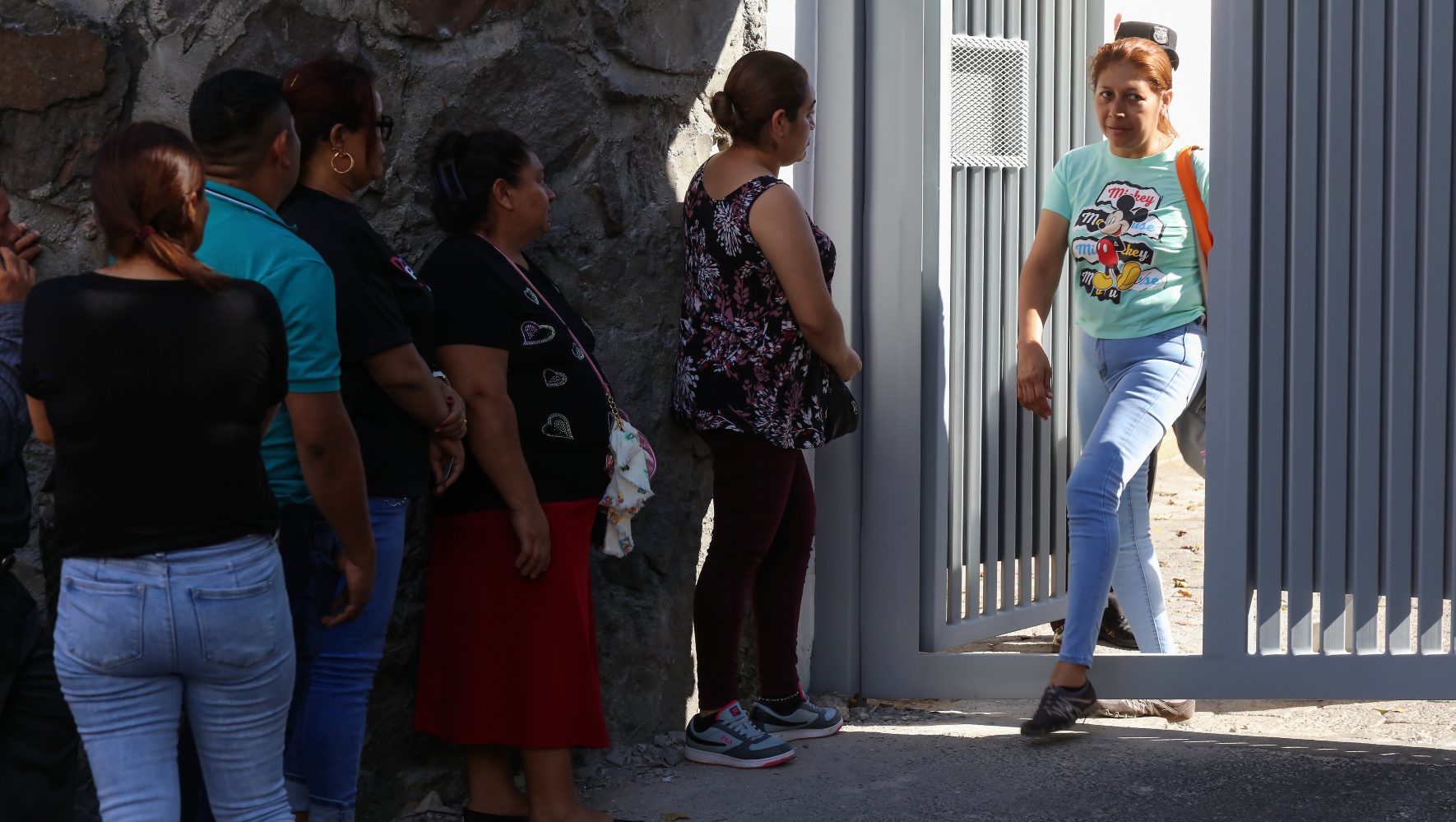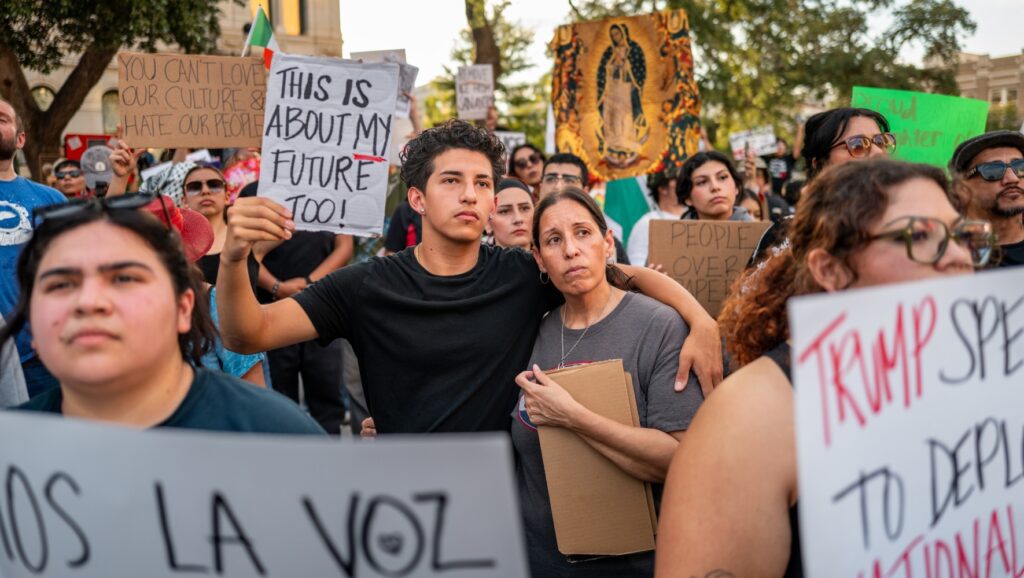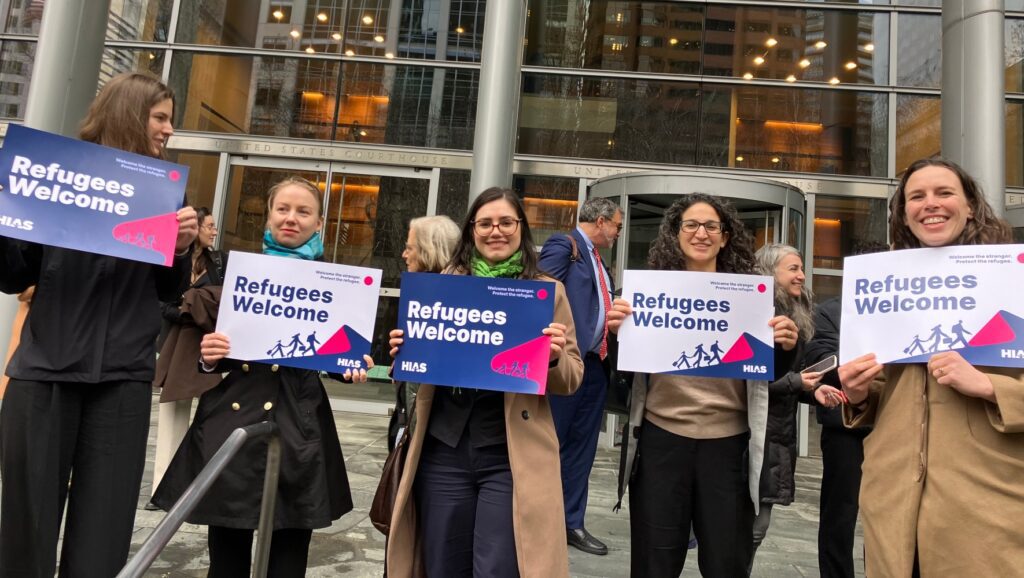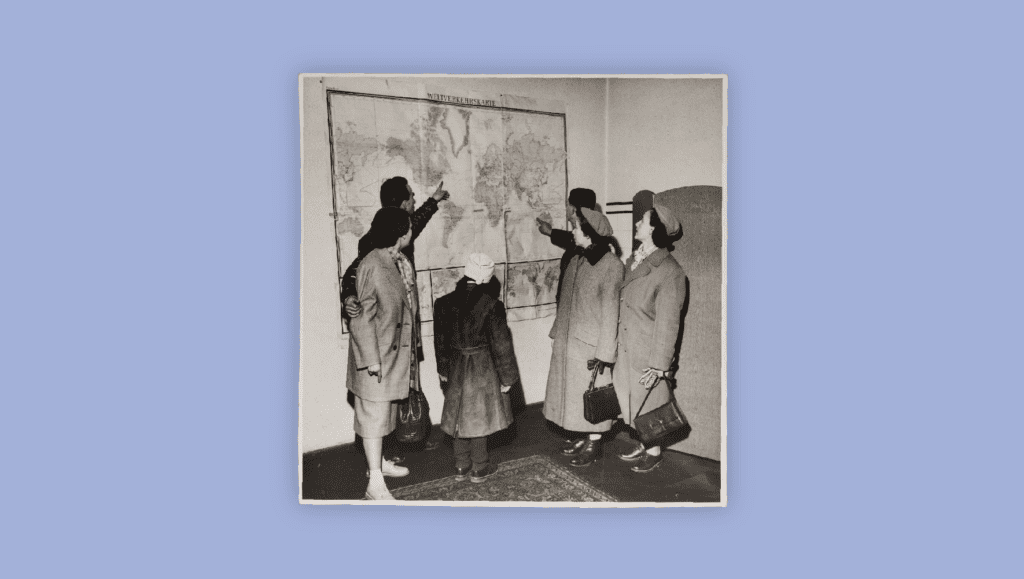
Since taking office, President Trump has issued hundreds of executive orders, memoranda, and proclamations, many of which pertain directly to immigration, asylum, and refugee resettlement. These actions, along with additional executive orders and legislation expected in the weeks and months ahead, are poised to reshape United States immigration policy in a significant way for many years to come.
In response, HIAS has launched a series summarizing important developments and explaining what they mean. These recap posts, along with relevant articles, statements, and resources, can be found at a page we’ve built to track the new administration’s effect on displaced people.
This week, we review how actions recently taken by the Trump administration impact refugees and other displaced people.
Alien Enemies Act Goes to the Supreme Court
What happened: On April 1, the Trump administration asked the U.S. Supreme Court to pause a lower court order that temporarily blocked the Alien Enemies Act of 1798. The court is expected to address this request in the coming days. If it rules in favor of Trump, the U.S. government could immediately resume deportations of alleged Tren de Aragua gang members from Venezuela with nearly unchecked authority and no due process.
What it means: The Trump administration’s invocation of the Alien Enemies Act, used to circumvent immigration laws and quickly deport alleged members of Tren de Aragua, raises serious questions about its legality. The act requires that the United States be at war with and invaded by a foreign country — not a criminal organization — to be applicable, and the U.S. and Venezuela are not currently at war. If the U.S. Supreme Court agrees with the administration’s request, it would seriously undermine the core legal principles of due process and judicial review, paving the way for more deportations of noncitizens for spurious reasons — such as simply having a suspicious tattoo.
Trump Administration Terminates Parole Status for Nationals from Cuba, Haiti, Nicaragua, and Venezuela (CHNV)
What happened: The Trump administration announced on March 25 that it would terminate the parole status of approximately 532,000 individuals who entered via a humanitarian program for nationals of Cuba, Haiti, Nicaragua, and Venezuela (CHNV). Individuals will lose their lawful humanitarian parole if they have not departed the U.S. before April 25. The Department of Homeland Security will consider exemptions on an individual, case-by-case basis.
What it means: In 2023, the Biden administration instituted the CHNV program to “provide a safe and orderly process to the United States” through a vetting process that required parolees to have a financial sponsor. Following the implementation of CHNV, there was a significant drop in irregular migration at the southern border by nationals of these countries. The termination of the program will leave more than half a million individuals without legal status, in large part because of the false belief that CHNV holders represent an economic drain on and national security threat to the United States.
If the U.S. Supreme Court agrees with the administration’s request, it would seriously undermine the core legal principles of due process and judicial review, paving the way for more deportations of noncitizens for spurious reasons.
Executive Order Targets Attorneys Who Practice Immigration Law
What happened: On March 22, the Trump administration issued an executive order disparaging attorneys who practice immigration law. The president wrote that the immigration system was rife with “meritless claims” and “replete with examples of unscrupulous behavior by attorneys and law firms.”
What it means: The executive order promotes several unfounded claims, such as attorneys engaging in fraud and improperly “coaching” their clients to lie. These sanctions will have a chilling effect on and create a climate of fear among immigration attorneys, thereby harming noncitizens who need legal representation. The executive order also undermines the critical function of attorneys in guaranteeing an individual’s due process and their right to seek protection.
El Salvadoran Man with Lawful Status Deported Due to “Administrative Error”
What happened: The Trump administration acknowledged on March 31 that it had deported Kilmar Abrego Garcia, an El Salvadoran national living in Maryland under protected legal status, as the result of an “administrative error.” Administration officials claim that they are unable to secure Garcia’s return to the United States.
What it means: The mistaken deportation of Garcia is a consequence of the Trump administration’s arrangement with the government of El Salvador, which has agreed to detain in its prisons immigrants of any nationality that are removed from the United States. The administration has deported immigrants without due process or, in some cases, any documented history of criminal behavior — and has defied court orders to stop. In addition, the administration has argued it is “powerless” to request Garcia’s return because it must respect El Salvador’s sovereignty.
The flouting of fundamental due process norms is deeply troubling. So are the violations of basic international and domestic human rights benchmarks. The people who were sent to the mega-prison in El Salvador, a place infamous for its mistreatment of detainees, raises real concerns about people being subjected to torture and other significant harms, all in contravention of U.S. law and international treaties to which the U.S. is a signatory.
Court Blocks Trump Administration’s Termination of TPS for Venezuelans
What happened: And finally, a piece of good news: On March 31, a federal court temporarily blocked the Trump administration’s attempt to terminate Temporary Protected Status (TPS) for Venezuelans. TPS protected more than 350,000 people by providing them with work authorization and protection from deportation. The Trump administration terminated TPS for Venezuelans in an executive order on February 1. The court’s order will allow TPS holders from the country to temporarily remain and work in the U.S. until the resolution of their lawsuit.
What it means: Venezuelan TPS holders will face enormous consequences if they are forced to return to their country because of the Trump administration’s wrongheaded conviction that immigrants are an economic burden and security risks to the United States.



